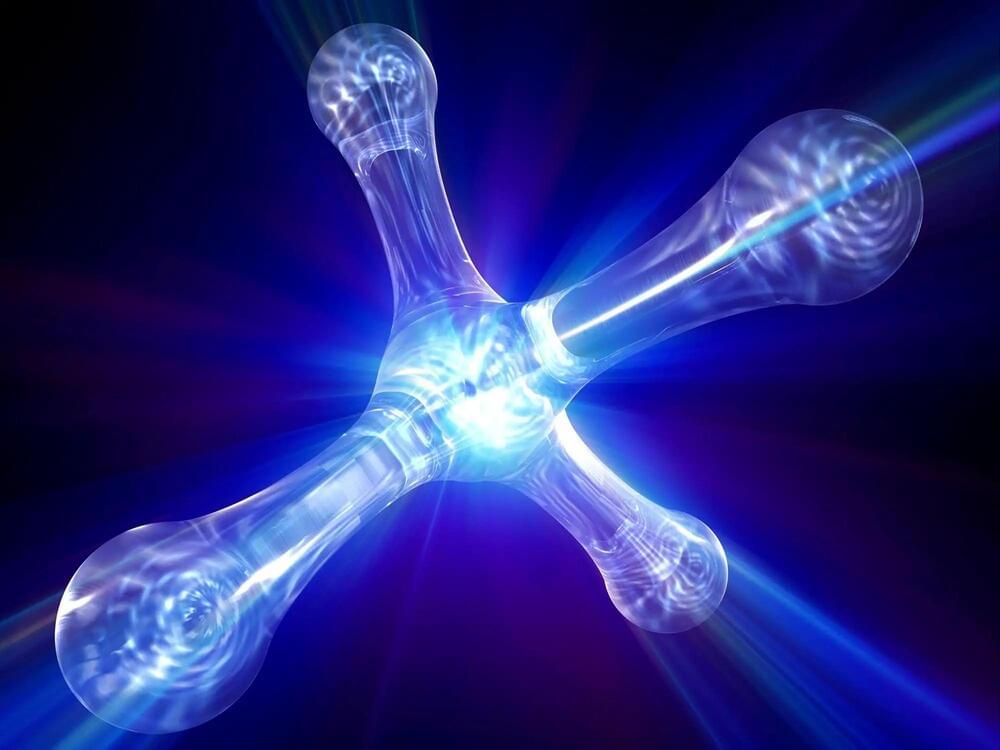Physics gets strange at the atomic scale. Scientists are utilizing quantum analog simulators – laboratory experiments that involve cooling numerous atoms to low temperatures and examining them using precisely calibrated lasers and magnets – to uncover, harness, and control these unusual quantum effects.
Scientists hope that any new understanding gained from quantum simulators will provide blueprints for designing new exotic materials, smarter and more efficient electronics, and practical quantum computers. But in order to reap the insights from quantum simulators, scientists first have to trust them.
That is, they have to be sure that their quantum device has “high fidelity” and accurately reflects quantum behavior. For instance, if a system of atoms is easily influenced by external noise, researchers could assume a quantum effect where there is none. But there has been no reliable way to characterize the fidelity of quantum analog simulators, until now.
